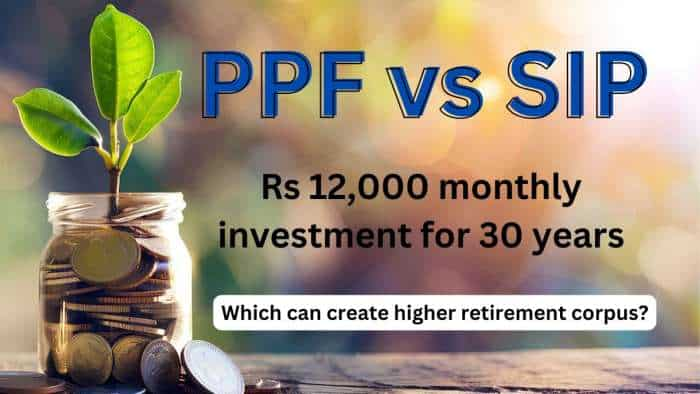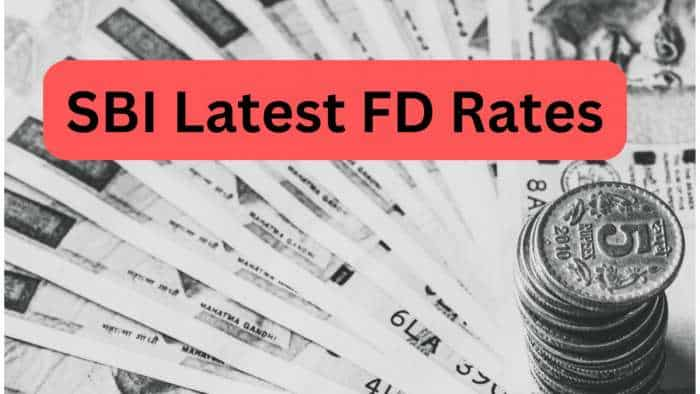Student Loan: Experts advise parents to repay education loan and save income tax
While repaying a student loan or education loan, interest paid on it is 100 per cent tax exempted under section 80(E) of the Income Tax Act.

A student loan or education loan is an extremely important source of funding for youngsters and their parents nowadays. The same is gaining traction among the middle-class section of the society because it has made the bright students of the society put their feet into the educational campus that their parent are unable to afford. A student loan also allows the applicant to get the benefit of a moratorium period if he or she is not able to repay the loan during his or her studies. So, the educational loan repayment begins after the studies of the student is over. However, if we go by experts' advice, it is better that the student or education loan is repaid by either of the parents as it allows 100 per cent income tax exemption on the interest paid on the loan. Experts say that the student who completed his or her studies after availing educational loan may or may not be falling into the income tax bracket. So, loan repayment being done by the student may end up as zero income tax saving or maybe lesser income tax savings.
Speaking on the income tax angle involved in student loan or education loan Kartik Jhaveri, Director — Wealth Management at Transcent Consultants said, "While repaying the student loan or education loan, the interest paid on it is 100 per cent tax exempted under the section 80(E) of the Income Tax Act. When the repayment of the student loan begins, the student would be at the nascent phase of its career while the parents would be on the higher sides of their income limit. It may happen that the student may not fall under the income tax slab or may be on the lower slab of the income tax. In such a case, the student might not be able to save that much of money as his mother or father can by opting to pay the student loan." Jhaveri said that it's better if the education loan is repaid by the parents as it helps save the money being paid as income tax if we look at the whole family income.
Jitendra Solanki, a SEBI registered tax and investment expert said, "At the beginning of his or her career, the loan applicant might be an income tax payee or might not be an income tax payee. But, his or her parents would definitely be an income payee and their income tax would be for sure more than what the student (who has availed the student loan) would be paying. Taking income of the entire family, if the student loan is repaid by either of the parents, it would definitely help them save more money. It may be after the change of tax slab or the higher tax slab in which the parents would be falling when their ward becomes an earning member post-studies."
Get Latest Business News, Stock Market Updates and Videos; Check your tax outgo through Income Tax Calculator and save money through our Personal Finance coverage. Check Business Breaking News Live on Zee Business Twitter and Facebook. Subscribe on YouTube.
RECOMMENDED STORIES

Power of Rs 15,000 SIP: How long it will take to achieve Rs 7 crore corpus? See calculations to know

PPF vs SIP: Rs 12,000 monthly investment for 30 years; see which can create higher retirement corpus

SIP in Stocks For New Year 2025: Market guru Anil Singhvi recommends 1 largecap, 2 midcap scrips to buy in dips; note down targets
11:18 PM IST










 More than 22,000 students in Bihar receives notice for not returning study loan
More than 22,000 students in Bihar receives notice for not returning study loan